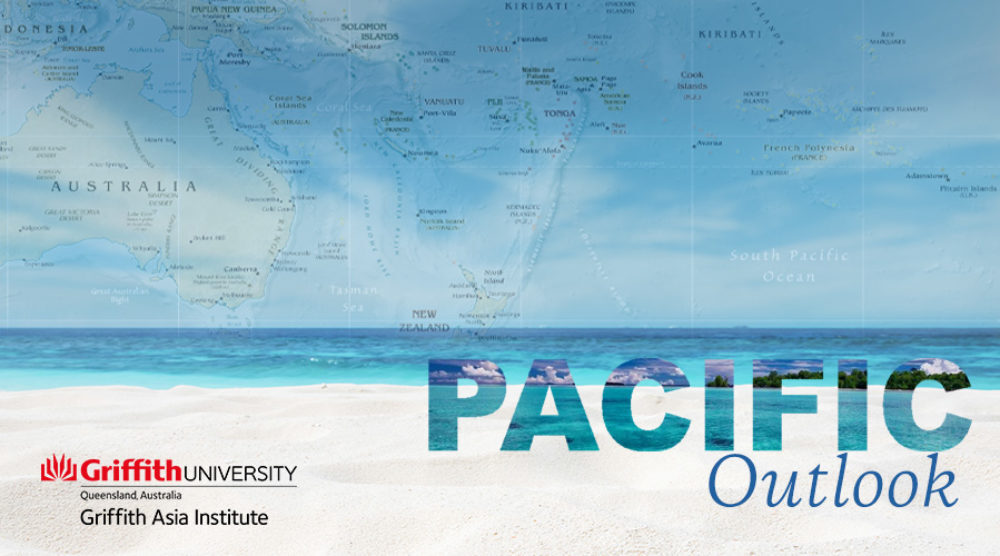COVID-19 cases at the Vanuatu border
Vanuatu authorities are reporting that two people have tested positive for COVID-19. Both of these cases are people who have arrived in Vanuatu from New Caledonia. They are asymptomatic and are to be transferred to the COVID-19 isolation unit at Port Vila Hospital.
In confirming the news of these positive cases, Prime Minister Bob Loughman announced that the country has now moved to COVID-19 Alert Level One, which focuses on the management of cases at the border. He confirmed that there was no community transmission of the disease.
It has yet to be confirmed which variant of the disease these people have contracted. However, the Delta strain is well established in New Caledonia, with over 200 deaths caused since it was detected in September.
PM Loughman urged the people of Vanuatu to take up opportunities to get vaccinated to protect themselves and their communities from the disease.
Pacific Foreign Ministers meet with their Chinese counterpart
The Foreign Minister of the People’s Republic of China met recently with his ministerial counterparts of Pacific countries that recognise China. This was the first meeting of its kind and was held online. It is expected to become a regular event.
The Chinese communiqué issued after the meeting contained several items that reflect commonly used talking points by the Beijing regime. They include a call to avoid politicisation of the Winter Olympics (by way of boycotts) and a restatement of the ‘One China’ principle.
It appears that some Pacific officials have concerns about the content and tone of the communiqué. The Federated States of Micronesia government issued their own account of the meeting. They noted that they had urged China to work collaboratively with the USA to address climate change, including at the forthcoming COP 26 in Glasgow.
Pacific demands and expectations ahead of COP26
Ahead of COP 26, the Pacific Islands Climate Action Network (PICAN) has launched a series of demands from the region. PICAN brings together a range of civil society organisations and activist groups.
Key among their demands is that the global community agree to a target of 1.5 degrees of global warming, which is more ambitious than the current Paris Agreement commitments.
They are also demanding the immediate phasing out of fossil fuels and an end to subsidies for oil and coal companies.
When it comes to finance, they call for developed countries to deliver on the targets set for climate finance and for ‘political will’ when it comes to getting loss and damage onto the global agenda.
Many of the things that PICAN has called for echo demands that were made by Pacific island leaders earlier this month.
Telstra confirms it is buying Digicel Pacific
After months of speculation, it has been confirmed that Telstra will buy Digicel Pacific. It has also been confirmed that the Australian government will subsidise the Telstra bid to the tune of AU$1.9 billion. The total cost of the purchase is $2.1 billion.
Whilst Digicel Pacific is a profit-making arm of the overall business, it remains to be seen how effective Telstra will be operating in markets with which it is unfamiliar.
The Australian Government maintains that the financial backing is driven by a desire to see the development of critical infrastructure in the region. However, strategic anxiety about a Chinese telco getting a foothold in the sector has been the main driver of this deal.
Telstra have confirmed that they have no immediate plans to change the business profile of the Pacific operations, and that there will be no job losses at this stage.
Tess Newton Cain is an Adjunct Associate Professor at the Griffith Asia Institute and project lead of the Pacific Hub.








